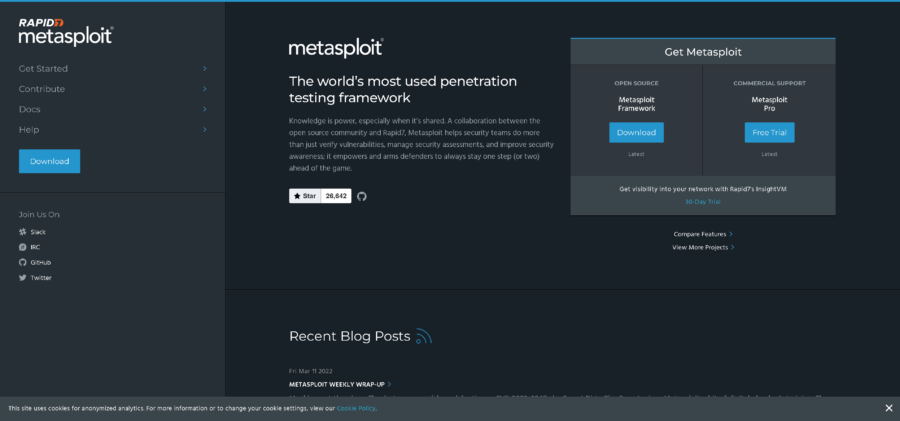As Peter Drucker wrote, new technologies do not reduce employment; they simply raise the level of skill required to be employed. Those who can change, prosper; those who can’t, have to settle for low-paying jobs or join the ranks of the unemployed.
Take IT maintenance for example. With cloud computing, businesses will no longer have to maintain employees for IT maintenance as that will be taken care of by the service provider. But wait, doesn’t that mean there will be fewer jobs in the aftermath of migration to cloud computing?
No, it’s not as simple as that. The study of Microeconomics shows that any money thus saved would likely be invested back into the business. The resultant expansion would create more jobs than is lost by axing the IT maintenance employees.
Moreover, with cloud computing there will come cost savings. And these savings, once cycled back in the business, will create economic value far exceeding the quantum of savings. As any economics student will explain, there’s a multiplier at work here.
According to a report released by storage solutions giant EMC in association with the UK-think tank Centre for Economics and Business Research (CEBR), cloud computing can generate 2.4 million jobs in the next four years in the EMEA (Europe, Middle East and Asia) region, 300,000 of them in the UK alone.
This report, titled 2011 Cloud Dividend, examined several key markets in Europe, including France, Italy, Spain, Germany and the United Kingdom. In fact, adoption of cloud computing by just these five countries can generate more than $243 billion in annual revenue, with Germany getting the biggest share, it opined.
“One of the key drivers for economic recovery will be job creation,” said Oliver Hogan, CEBR’s managing economist. Migration to cloud computing is expected to produce 446,000 jobs each year in Europe, Middle East, and Africa until 2015.
“A critical element in businesses achieving the competitive advantage presented by cloud computing lies in the successful virtualization of mission-critical and revenue-generating applications,” said Sandra Hamilton, EMC’s vice president for Europe. “That will be key to realizing the full cloud dividend – and to deriving the powerful growth and productivity gains which, as the new report shows, can lead to meaningful job creation across the EMEA region.”
The report also looked at how different industries will be affected by such a move. The distribution, retail and hotel sector will benefit the most from cloud computing, with more than $320.5 billion in earnings and 354,790 jobs generated, according to the study. BFSI (Banking, Financial Services and Insurance) is second with $253 billion, with government, education and health care some distance away with 5 billion. However, the public sector will be the biggest gainer in terms of job creation, with 801,000 positions expected to be created over the next five years.
Overall, the future seems to be quite bright, both for companies and their employees, if they make the move to cloud computing. Of course, the employees may have to develop themselves in skills different from those that are in demand today. But one things is clear – the properly trained employee won’t lack for a job.
By Sourya Biswas





